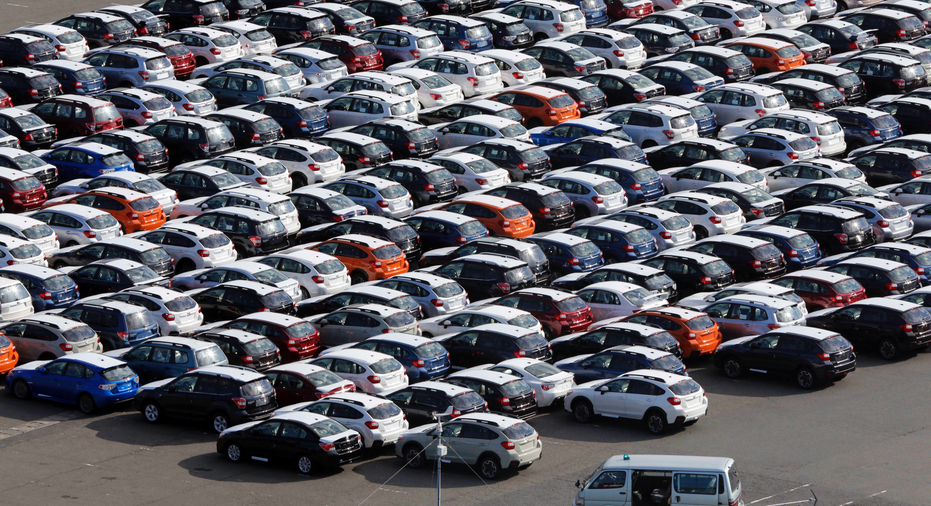The Latest: German automakers concerned by US tariff move

WASHINGTON – The Latest on the Trump administration's interest in putting tariffs on auto imports (all times local):
10:20 a.m.
The head of Germany's biggest auto industry lobby says the U.S. decision to explore raising tariffs on imported cars comes as no surprise, but says its members already manufacture large numbers of vehicles in America.
Bernard Mattes, head of the German Association of the Automotive Industry, said in a statement Thursday that it is "watching the current development closely and with concern."
He said exports of German cars to the United States fell by a quarter between 2013 and 2017, to 494,000.
Mattes said that during the same period, German automakers increased their production in the United States by 180,000 units to 804,000 vehicles — more than half of them for export.
He added that Germany's auto industry has created some 116,500 jobs at U.S. plants.
___
6:50 a.m.
European Commission Vice-President Jyrki Katainen says that any U.S. plan to unilaterally raise tariffs on auto imports "obviously would be against" rules of the World Trade Organization.
Katainen said Thursday the EU was still studying reports that President Trump asked Commerce Secretary Wilbur Ross to consider whether auto and auto parts imports threaten U.S. national security. A little-used U.S. law authorizes the president to restrict imports and impose unlimited tariffs on national security grounds.
Regarding EU car imports into the United States, Kaitainen said it "is very difficult to imagine it to create any sort of threat the national security."
The United States will decide by June 1 whether to impose steel and aluminum tariffs on EU imports, something which has moved trans-Atlantic relations to the brink of a trade war. Katainen said any imposition of higher car tariffs were still far off and said "we don't expect this to further complicate the solution" to the overall trade issues between Washington and Brussels.
___
5:55 a.m.
The head of the Association of German Chambers of Commerce and Industry says the U.S. intention to raise auto tariffs is "another nasty blow to our economic relations" with the United States.
Eric Schweitzer said in a statement Thursday: "We should almost regard this as a provocation."
Some see President Donald Trump's proposal for tariffs as an attempt to gain leverage in trade talks with neighbors: nearly half of vehicles sold in the U.S. are imported, many coming from assembly plants in Mexico and Canada. Europe is also a big exporter to the U.S.
Schweitzer said that the tariffs would cost another 6 billion euros a year.
He said: "I'm increasingly getting the impression that the United States don't believe in competition for ideas and customers anymore, but only in the law of the jungle. It fills me with great concern that the United States is moving steadily further away from free and fair world trade."
___
12:05 a.m.
The Trump administration is exploring whether tariffs are needed on auto imports, a move that comes as trade talks with Canada and Mexico have stalled.
The U.S. and its partners remain far apart on rewriting the North American Free Trade Agreement, with the discussions at an impasse over rules for car production.
The initiation of the trade investigation President Donald Trump ordered on Wednesday could be seen as an attempt to gain leverage. Nearly half of vehicles sold in the U.S. are imported, many coming from assembly plants in Mexico and Canada.
Trump asked Commerce Secretary Wilbur Ross to consider whether auto and auto parts imports threaten U.S. national security. A little-used U.S. law authorizes the president to restrict imports and impose unlimited tariffs on national security grounds.



















